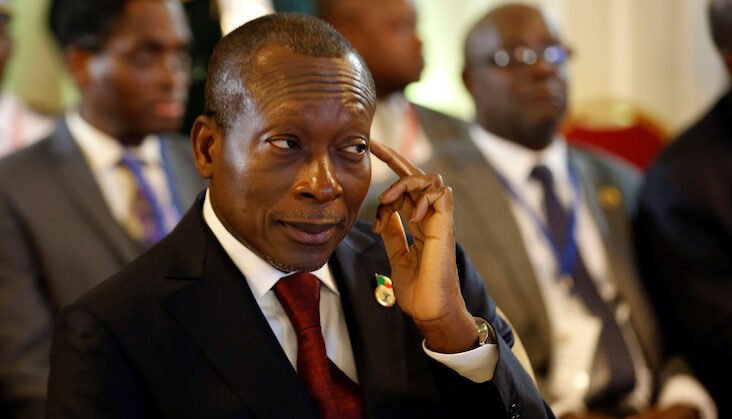As the people of Benin head to the polls on April 11, 2021, in Benin, the African Freedom of Expression Exchange (AFEX), is calling on the country’s President Patrice Talon, to keep the Internet on, and ensure the flew flow of information, before, during and after the presidential elections.
Benin was well touted as a beacon of democracy and a country that upholds human rights and fundamental freedoms, particularly, freedom of expression in West Africa.
Before President Talon was sworn in on April 6, 2016, he indicated that one of his priorities will be constitutional reforms that will bring more political and economic freedoms to the people.
However, for some years now, the country has been in the headlines for repressing political opponents, arbitrary arrests and sentencing journalists into prison, and disrupting internet and social media platforms. On April 28, 2019, the authorities shut down the internet to quell an anti-government protest during a controversial legislative election from which all opposition candidates had been prevented.
For many human rights analysts, this has been a worrying trend that suggests the backsliding of democracy and the reverse of gains made in terms of fundamental freedoms and liberties in Benin.
In light of the foregoing, the #KeepItOn Coalition of which AFEX is a member, has in an Open Letter, called on the authorities in Benin to:
- Publicly assure the people of the Republic of the Benin that the internet, including social media and other digital communication platforms, will remain open, accessible, inclusive and secure across Benin throughout the election and thereafter;
- Order internet service providers operating in the country to provide everyone with high-quality, secure, and unrestricted internet access throughout the election period and thereafter; and
- Order internet service providers operating in the country to inform internet users of any potential disruptions and to take all reasonable steps to fix any identified disruptions likely to impact the quality of service they receive.
The full open letter to the authorities in Benin can be accessed here.




